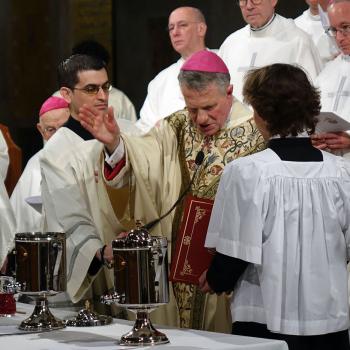For Anglican regimental chaplains we had little respect. If they had shown one-tenth the courage, endurance, and other human qualities that the regimental doctors showed, we agreed, the British Expeditionary Force might well have started a religious revival. But they had not, being under orders to avoid getting mixed up with the fighting and to stay behind with the transport. Soldiers could hardly respect a chaplain who obeyed these orders, and yet not one in fifty seemed sorry to obey them. Occasionally, on a quiet day in a quiet sector, the chaplain would make a daring afternoon visit to the support line and distribute a few cigarettes, before hurrying back. Sometimes the Colonel would summon him to come up with the rations and bury the day’s dead; he would arrive, speak his lines, and hurry off again. The position was complicated by the fact that most commanding officers had respect for the cloth— though not all. The colonel in one battalion I served with got rid of four new Anglican chaplains in four months; finally he applied for a Roman Catholic, alleging a change of faith in the men under his command. For the Roman Catholic chaplains were not only permitted to visit posts of danger, but definitely enjoined to be wherever fighting was, so that they could give extreme unction to the dying. And we had never heard of one who failed to do all that was expected of him and more. Jovial Father Gleeson of the Munsters, when all the officers were killed or wounded at the first battle of Ypres, had stripped off his black badges and, taking command of the survivors, held the line.
The painting shows Father Francis Gleeson (1884-1959) blessing the Second Munster Rifles before they went into battle at Aubers Ridge in 1915. Of the 22 officers and 520 soldiers who went into the fight, only 3 officers and 200 men came back. (One final tidbit: Graves’ great-uncle was the German historian Leopold Von Ranke, whose multi-volume history of the Popes is considered a breakthrough in modern historiography.)
















